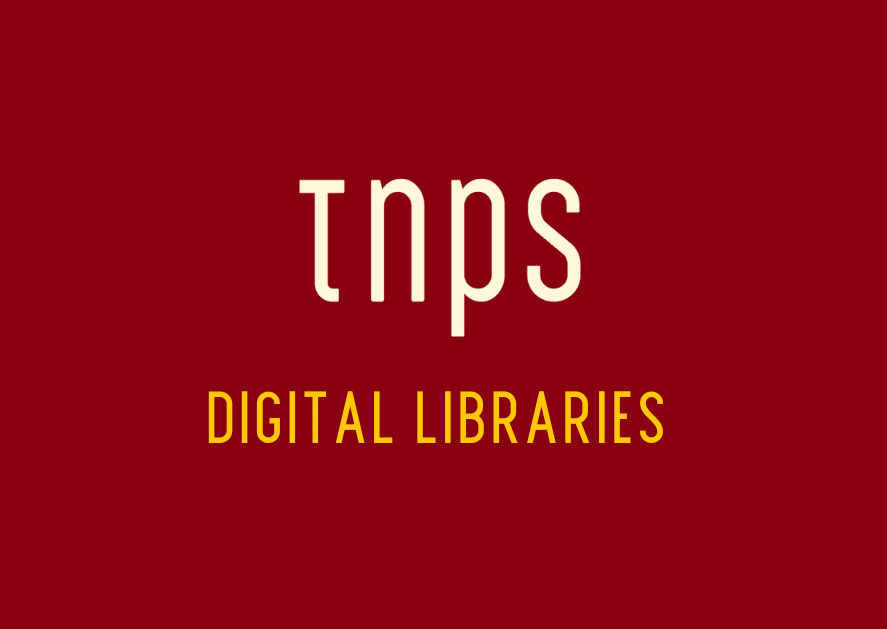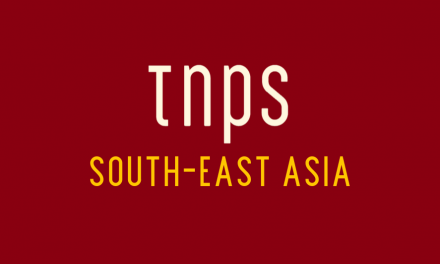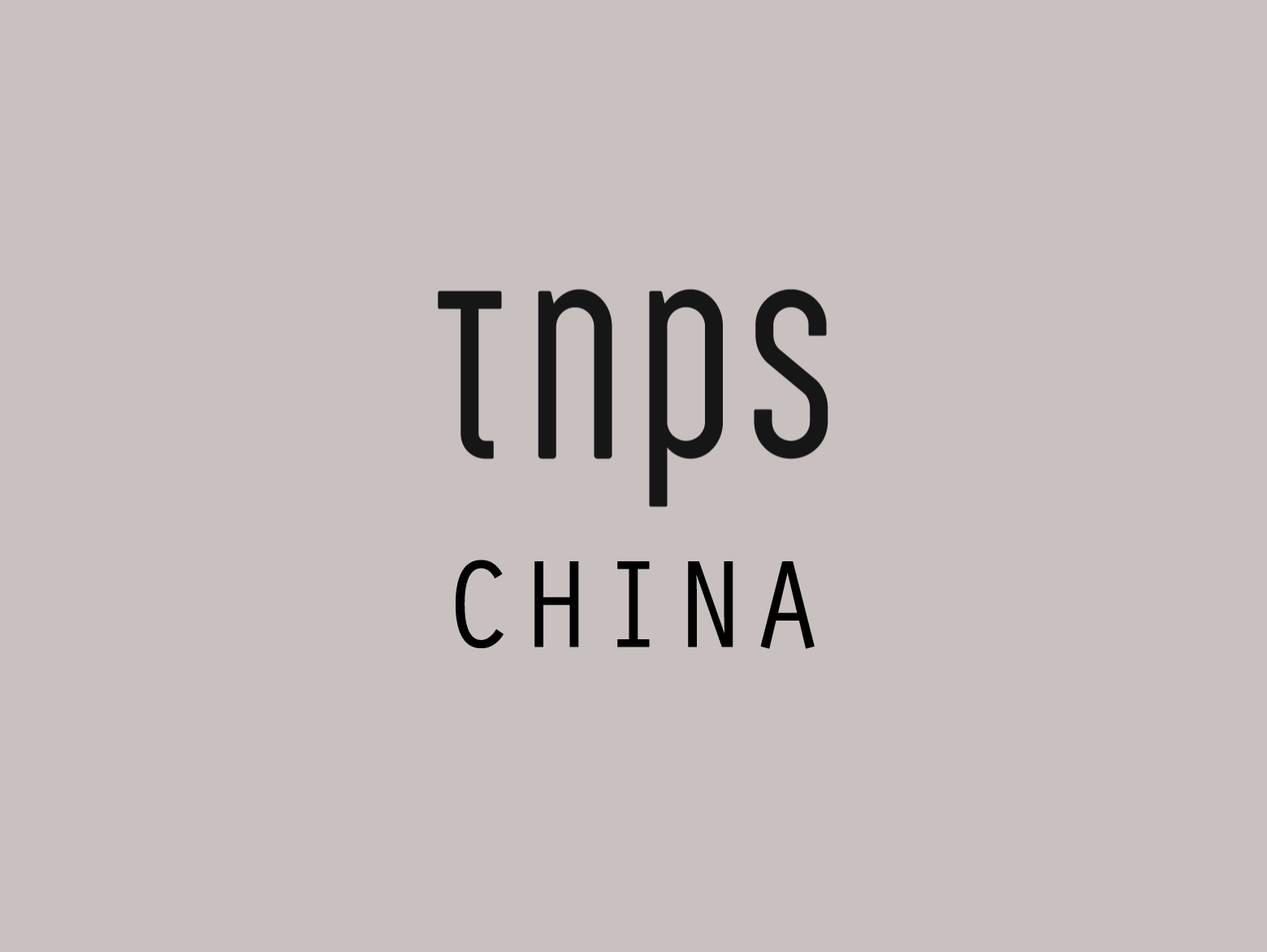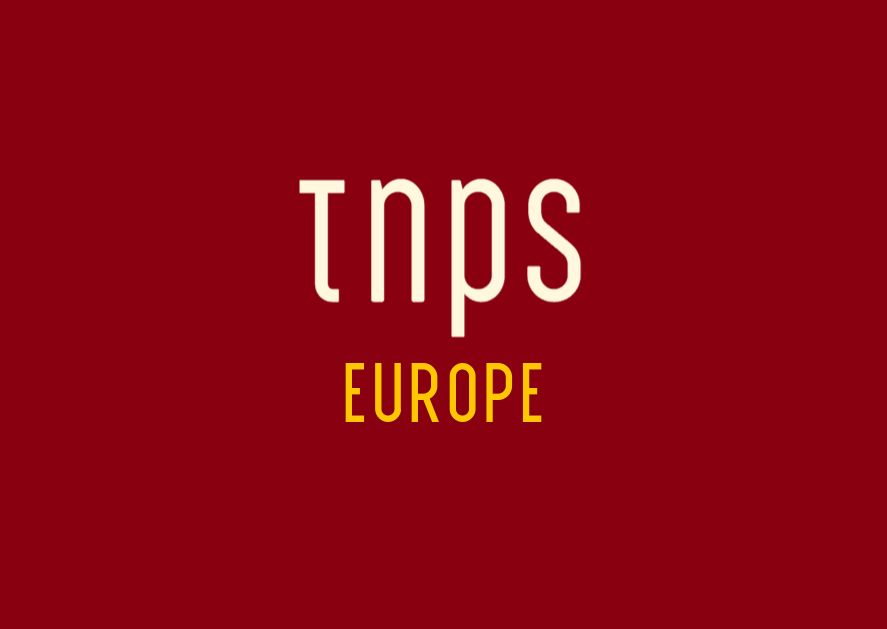Teachers invariably view the long summer break from school with mixed feelings. A chance to relax and recharge the batteries on the one hand. On the other, knowing that some of the progress made in the previous academic year will be undone as many children will have fewer opportunities to read.
It’s not a problem peculiar to North America, but at least for kids in Canada and the US there is an elegant solution: OverDrive’s Summer Read programme that lets 18,000 schools offer ebooks and audiobooks to their students via OverDrive’s new student reading app, Sora.
Barbara Chappell-Brown, Library Media Teacher at California’s Sweetwater High School, said.
The Summer Read program is a great opportunity for students to read anywhere, anytime, and to avoid the summer slump. Research shows that students benefit from reading and OverDrive is helping to keep students reading all summer long.
Well yes, research says that. The problem is, give a kid a tablet or smartphone and tell them to go read a book and they’ll be on social media, or playing a game, or listening to music or watching a film before you’ve finished the sentence.
Or so conventional wisdom has it. Especially in countries where there are very few books digitised. It’s almost as if some publishing stakeholders will repeat anything they hear rather than consider the possibly that digital reading might be worth investing in.
Take Governor Acharya Devvrat of Himachal Pradesh in India, who has just inaugurated a book fair.
The Governor visited all the stalls exhibited in the fair and took keen interest in books. He said books are centre of knowledge and give us contemplation, knowledge and understanding. He expressed concern that the young generation is not so keen on reading books as they are now relying more on modern technology. He added that books are our real friends which help us to improve our knowledge and understanding and such book fairs are always helpful in generating interest in reading books among the younger generation.
That’s from the official Himachal Pradesh website, so little chance the Governor has been taken out of context.
Let’s first take up the issue here that the governor does not once suggest books might be a form of entertainment and enjoyment. Is it any wonder that so many kids in developing nations only read to pass a test?
Then we have the real gem.
He expressed concern that the young generation is not so keen on reading books as they are now relying more on modern technology.
Ah yes, that damned technology. Smartphones, tablets, the internet. How can anyone learn anything when they are surrounded by all this nonsensical technology? If it’s not written in ink on paper, priced high and with limited quantities available for a limited time, and only about knowledge, then it’s not reading, not learning, certainly not entertaining, and the world will end forthwith.
So it was refreshing to read, back on the OverDrive blog, the thoughts of another Sweetwater High teacher, Ellen Schreier, who teaches English:
I was hesitant to use technology because of the temptation to visit unrelated websites but I allow students to use their laptops during silent reading time and – guess what? They are reading! The students love the variety of book titles and the convenience of accessing on their phone or laptop so if they’re waiting in line or for their ride after school, they can read. They don’t always have a book, but they will have a phone!
It would be great if Governor Devvrat of Himachal Pradesh could read that and maybe rethink his twentieth century notions of what a book is and what a book is for.
But the problem is, OverDrive, like TNPS, is a 100% digital affair.
The Governor won’t even know what OverDrive is, and certainly won’t care about the 750,000 downloads a day that OverDrive sees through its 43,000 global library outlets.
After all, if it has to be read on a screen then it’s not really reading at all.
Digital vs ink & paper. Why are we still having these debates this close to the 2020s?
It’s not either or. It’s about having the best of both worlds.
And that starts by opening our eyes to the benefits of both worlds.





